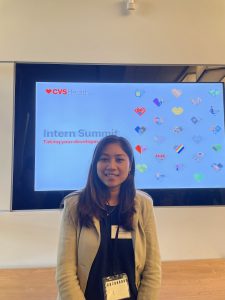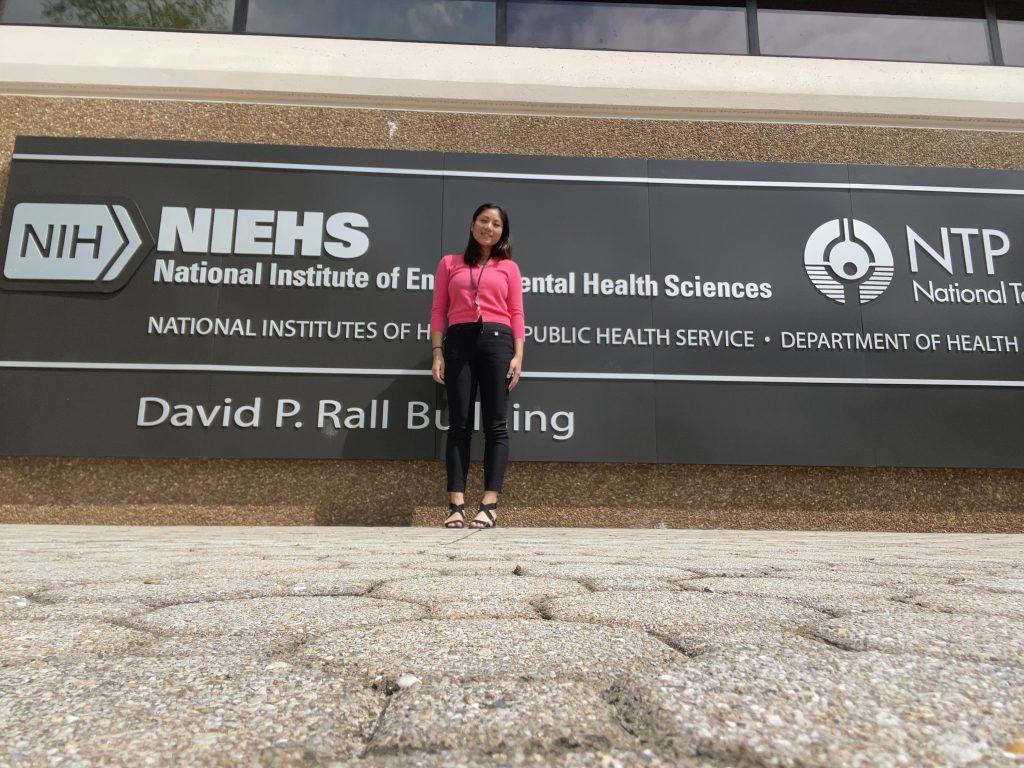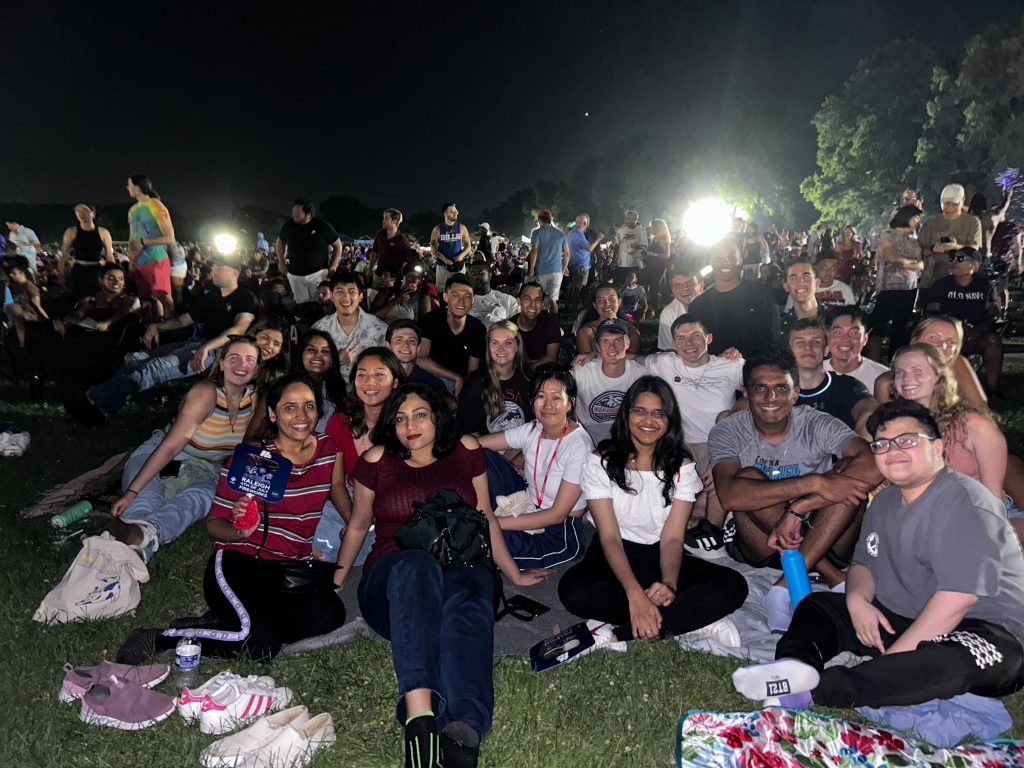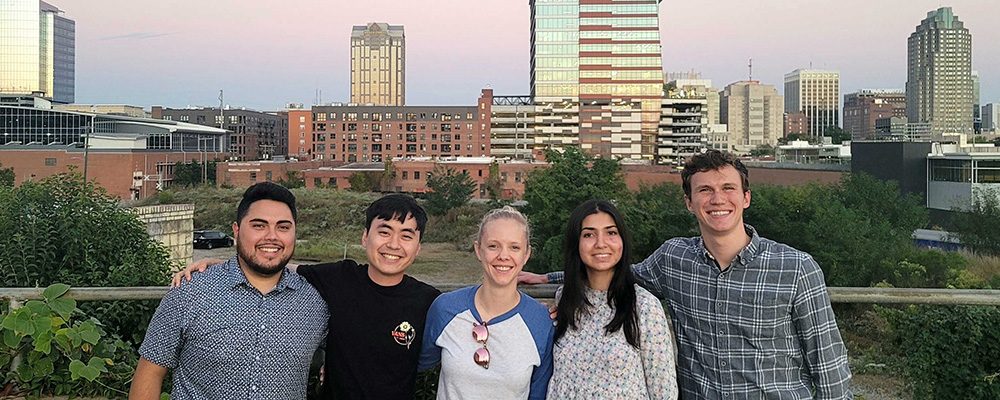During my first week in the program, the question I received the most was: “What made you want to come to the Institute?” Although my answer is complex, most often, I would respond that I studied biostatistics at UNC for my undergraduate studies – as if this was an explanation for pursuing graduate school. In this post, I reflect on my monumental experiences in undergrad by exploring my gradual realization of why I needed a master’s degree and discussing why I chose data analytics.
Reflection On Internship Experiences
Looking back at my three and a half years at UNC Chapel Hill, one of my proudest moments was when I received my dream summer internship at CVS Health. My main goal in professional extracurricular experiences was to gain real-world experience and get quality feedback on my work.

I saw CVS Health as an opportunity to get hands-on experience on projects under direct supervision while working on a team to achieve larger corporate goals. The internship provided me with just those dreams – I worked on a health equity roadmap intervention for dialysis patients in Austin, Texas, collaborated with communication team members to update the internal Sharepoint site, and even shadowed a master’s data science student working on a similar project about social determinants of health.
The jobs right out of undergrad fit for my skill set seemed to be focused on statistical programming rather than having a larger variety of tasks and independence in projects, while graduate school would provide education on a specialist topic and help me gain in-depth knowledge. I found a year-long remote research position at the National Institute of Environmental Health Sciences (NIEHS) and decided that this experience would cement my decision for the future – if I enjoyed research, I’d pursue a PhD; otherwise, I decided I would do a master’s.

My summer, fall, and spring at NIEHS was a huge learning curve, but it provided time where I could experiment in R Studio, better understand bioinformatics, and explore a federal research environment. My program guided eleven undergraduates in professional workshops and through poster presentations to a broader NIEHS audience. I found value in the networking opportunities and the collaborative teamwork elements of the program. I also realized I enjoyed the coding and problem-solving more than the aspects of genomic data and methodology.
Reflection On Graduate School
I recognized the necessity of obtaining a master’s degree, yet the recurring question that plagued me was, “Which specific field should I pursue?” Some criteria that cycled through my mind included being relatively affordable, with a strong preference for in-state in North Carolina, having less than a two-year commitment, and providing a strong record for employment following graduation. I debated between a degree in public health, business, or statistics; specifically, UNC has a great two-year biostatistics master of science, and Boston University has a one-year applied biostatistics program with good ties to the life sciences.
Reflection On the Institute
The gradual realization of why I needed graduate school began to outweigh all of my criteria for staying in the public health realm of my undergraduate major, and I began to learn about the Institute for Advanced Analytics and NCSU. The 10-month program fulfilled all of my criteria for graduate school, and an added benefit was the close proximity to my family. I began leaning towards the idea of a non-public health data science program and committed to my decision. Since I’ve been in the program, I haven’t looked back, not even once. The “why data analytics?” question quickly became answered as coursework in foundational statistics, Python and R programming, and summer practicum ramped up. I found myself immersed in how to communicate data science to a non-technical audience and set personal goals for applying data analytics. The application aspect of the program has been crucial to my development as a data scientist.
In the last three months, I’ve already assembled a complete pie of knowledge and skills. Each slice on my plate represents a different aspect of our cohort’s learning journey, including statistics, programming, ethical considerations for data professionals, cross-cultural communication, computer security, networking in a professional context, and the art of setting tangible goals. We continue to fill our plates, one day at a time.

Columnist: Violet Evans
